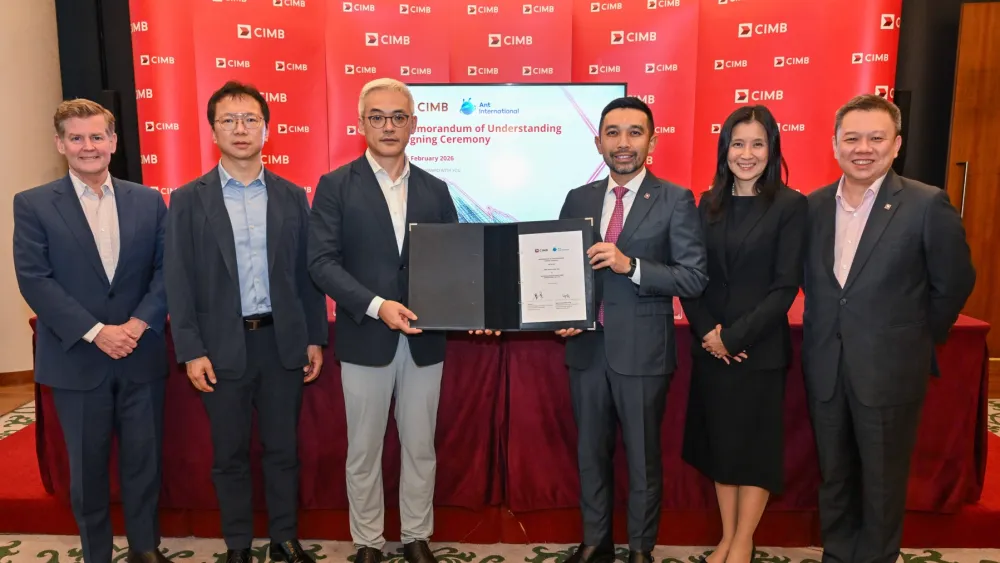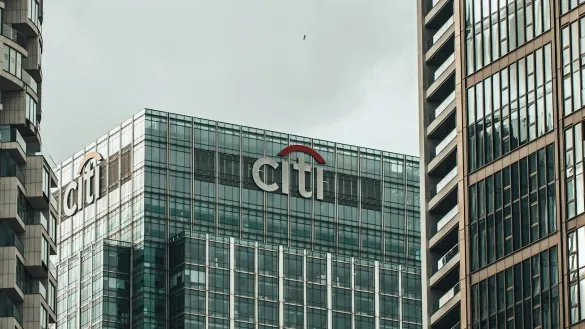
Japan’s Daishi Hokuetsu Bank faces weak profits, high interest rate risks: Moody’s
Its problem loan ratio deteriorated to 2.23% in a three-year period.
Daishi Hokuetsu Bank’s asset quality is expected to deteriorate amidst weak profitability and high interest rate risk in its bank’s securities portfolio.
The Japan-based regional bank saw its problem loan ratio deteriorate “significantly” to 2.23% as of December 2023, from just 1.5% three years ago, according to Moody’s Investors Service. This reportedly indicates that its borrowers are more susceptible to economic stress.
“Rising domestic interest rate, inflation and pay rises will weaken borrowers' debt payment capabilities, especially small and medium-sized enterprises, and could result in a further deterioration in loan quality,” the ratings agency said in its latest ratings report on the bank, where it affirmed Daishi Hokuetsu Bank’s deposit ratings at A3, but changed its outlook to negative.
Rapid loan growth outside of its home-market, Niigata Prefecture, has increased unseasoned risks, Moody’s warned. Loans outside of the prefecture grew by 13.5% in the fiscal year ended March 2023.
ALSO READ: Japan to break free from negative rate policy after wage hike: analyst
The bank's capital and profitability are also susceptible to rising domestic interest rates, it added.
On the upside, whilst the bank’s profitability is weak, it should improve gradually.
“Synergies stemming from the past merger between The Daishi Bank, Ltd. and The Hokuetsu Bank, group-wide collaboration and alliances with other regional banks, as well as the positive impact of higher domestic interest rates will help offset higher credit costs and rising operating expenses due to pay rises,” Moody’s noted.
The bank is further expected to maintain its current capitalisation. TCE/ risk-weighted assets (RWA) was 9.7% as of December 2023.
ALSO READ: What Singapore’s property developers can learn from Japan’s Azabudai Hills
“Internal capital generation, although slow due to still-weak profitability, will mitigate the negative impact from higher RWA and returns to shareholders to improve the price-to-book value ratio,” Moody’s added.
Daishi Hokuetsu's liquidity is strong, supported by its high deposit share of around 43% in its home-market, Niigata Prefecture, as of the end of March 2023 and its low loan-to-deposit ratio of 63% as of the end of December 2023.



















 Advertise
Advertise













